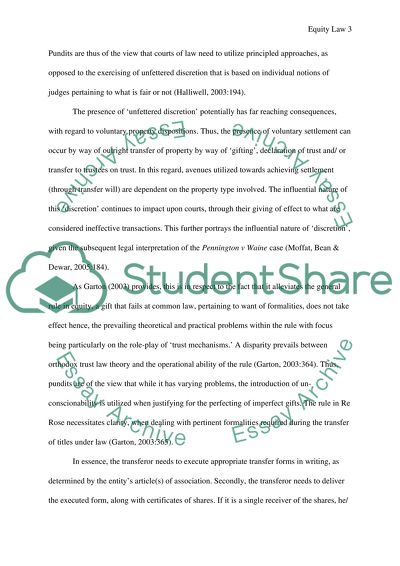Cite this document
(“Equity law Essay Example | Topics and Well Written Essays - 1250 words”, n.d.)
Retrieved from https://studentshare.org/law/1663964-equity-law
Retrieved from https://studentshare.org/law/1663964-equity-law
(Equity Law Essay Example | Topics and Well Written Essays - 1250 Words)
https://studentshare.org/law/1663964-equity-law.
https://studentshare.org/law/1663964-equity-law.
“Equity Law Essay Example | Topics and Well Written Essays - 1250 Words”, n.d. https://studentshare.org/law/1663964-equity-law.


